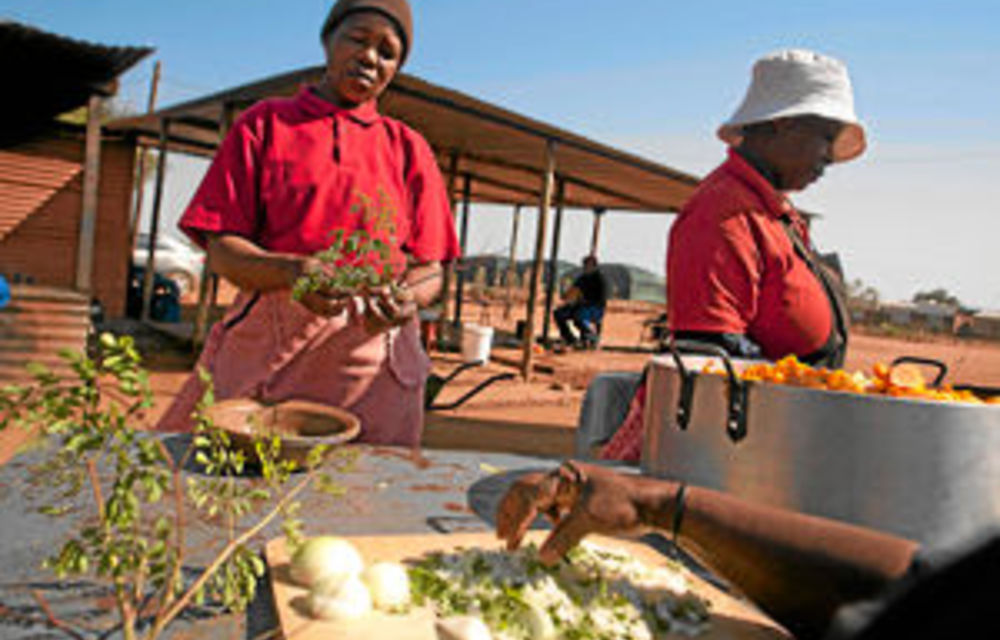

Lilian Yamileth Oliva Bardales, 19 years old, and her four-year-old son have been held in Karnes “Family Detention Center” since last October. She had applied for asylum, explaining that she had fled Honduras to escape an abusive ex-partner, six years older than she, who had beaten her regularly since she was 13. Her application was denied. Last Wednesday, she locked herself in a bathroom and cut her wrists. She was removed from the bathroom, held for four days under medical “supervision” during which she was denied access to her attorneys, and then, on Monday, suddenly moved from Karnes, presumably for deportation. From beginning to now, the treatment of Lilian Oliva Bardales has been a national disgrace.
Oliva Bardales left a note, the translation of which reads, in part: “I write this letter so you know how it feels to be in this damn place for 8 months. You don’t understand that people’s lives have no price and you cannot buy it with money. You don’t have a heart for anybody. You just lie and humiliate all of us who have come to this country … I do this because only God knows what I have suffered in my country. I come here so this country can help me but here you’ve been killing me little by little with punishment and lies in prison when I haven’t committed any crime. What hurts me the most is that I saw how my brother was killed and how it’s hurt my son and all the abuse that we suffered in my country. You don’t believe me you never wanted to give me my freedom. I do this because I would rather be dead than seeing my son fail along with me. Maybe you are not fathers or mothers to understand the reasons and the suffering that we live in this place together with our children. You would not like to be locked up in a place like this the way we are here suffering with our children. What I tell you is that nobody lives forever in this world one day we are all going to die and give an account to God. I do this because I don’t feel any life going back to my country. That’s why I waited so long so you could take a decision on my case but you have treated us worse than an animal …That’s why I do this because you were bad to me and my son. We did not deserve this. now you want to deport me after spending 8 months here.”
That’s “family detention”. It is the place where mercy dies a slow, tortured, mean, evil death:
“The quality of mercy is not strained;
It droppeth as the gentle rain from heaven
Upon the place beneath. It is twice blest;
It blesseth him that gives and him that takes:
‘T is mightiest in the mightiest; it becomes
The throned monarch better than his crown:
His sceptre shows the force of temporal power,
The attribute to awe and majesty,
Wherein doth sit the dread and fear of kings;
But mercy is above this sceptred sway;
It is enthronèd in the hearts of kings,
It is an attribute to God himself;
And earthly power doth then show likest God’s
When mercy seasons justice.”
When mercy seasons justice. When degradation, abuse, torture and despair season the appeal for asylum … what then? Where are Lilian Oliva Bardales and her four-year-old son?
(Image Credit: McClatchydc.com)

